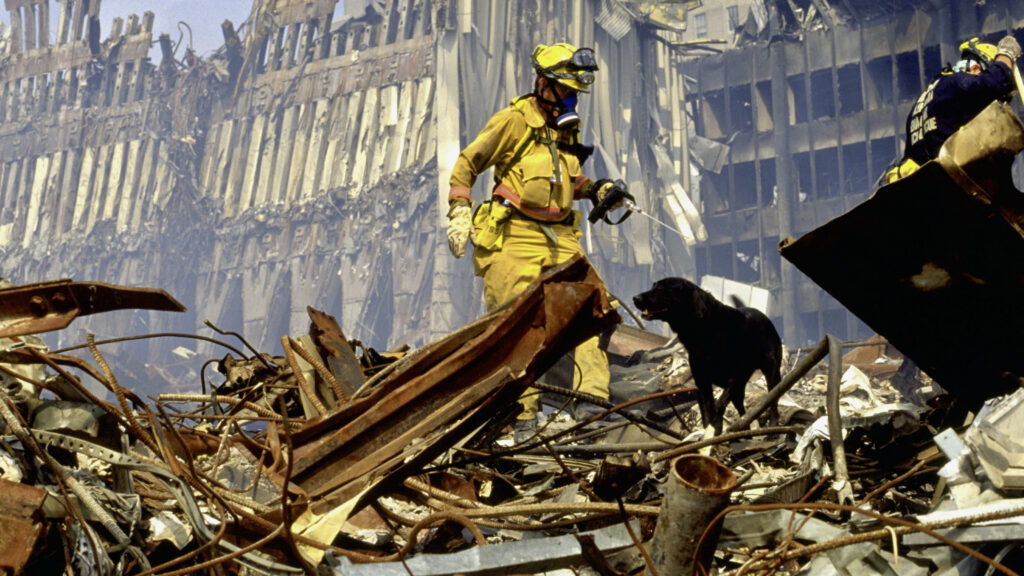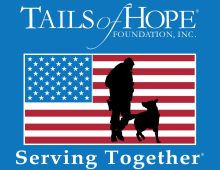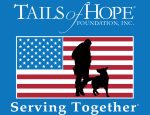
Did you know?
The majority of SAR teams serve as volunteers and pay not only for their operating expenses but also the operating expenses for their working canine. Over a 10-year period of time, these “average citizens” not only volunteer their time, but incur expenses ranging from $50,000 to $100,000 along with countless hours of service to save the lives of others.
“These canine handler volunteers incur tremendous expense to train and maintain these dogs during their career. They have to purchase their own kennels, training and communication equipment, hearing and vision protection, disaster gear and special boots and vests, plus the cost of travel and lodging to attend training seminars to maintain the certification status of their dogs. When their dogs retire, they have the added expense of pain medications, joint supplements and extra veterinary care.”
– Sam Balsam and Jake, Maryland Task Force 1
Excerpt from page 139 of “Dog Heroes of September 11th: A Tribute to America’s Search and Rescue Dogs,” by Nona Kilgore Bauer, Kennel Club Books
Statement on Comparative Medicine
and the Working Dogs of 9/11
Dogs are essential companions, but also serve man in ways that technology has not been able to duplicate. Although dogs have numerous jobs, one of the most valuable jobs, one that is almost uniquely canine, is the ability to detect odors. Dogs’ ability to identify and discriminate specific scents is over a million times better than humans’. We have asked our canine partners to aid us in detecting wild game, explosives, drugs, human remains, and missing persons, to name a few. Search and rescue dogs, those that find lost or trapped people, are a very special group of dogs. These canine first responders have proven to be an integral part of the disaster response.
Search and rescue dogs were virtually unrecognized heroes until their tireless searching was broadcast nationally and internationally during the response to the 9/11 terrorist attacks. Not only did these dogs spend countless hours combing Ground Zero and the Pentagon in hopes of finding a living survivor, they did so without any protective gear. They were exposed to all of the same toxins and hazards as the human first responders. This shared risk combined with the shorter canine lifespan has the potential to provide valuable insight into some of the long term effects of such exposure for both dogs and humans.
Dogs not only share our environment and our jobs, but they also share many of our diseases and ailments. For example, dogs can develop cancer, many of which are identical to human cancers, arthritis, endocrine disease, and anxiety disorders. Unlike experimental animals in which diseases are created to learn about new interventions, dogs spontaneously develop many diseases. Thus interventions that work for these dogs may be better translated into treatments for humans with similar diseases. This translational approach has the added benefit that the health care of dogs will also be advanced. Not only do dogs serve us in their ability to “detect” new treatments, but recent advances have shown that dogs have the potential to detect diseases like cancer and potentially zoonotic or foreign animal diseases that would put human health at risk.
The remarkable contribution of dogs to human physical and mental health is epic. We need to continue to serve these dogs who so valiantly serve us. We need to advance the health and well-being of the dog so that all of humanity continues to be served.
Cynthia M. Otto, DVM, PhD, DACVECC (Disaster Veterinary Medicine Advisor) is a board-certified emergency and critical care veterinarian and a tenured associate professor of Critical Care at the University of Pennsylvania, School of Veterinary Medicine. Dr. Otto has been involved in disaster medicine as a member of the Pennsylvania Urban SAR Task Force 1 from 1994 to 2010 during which time she served at Hurricane Floyd and 9/11. Since 1999 she has served on Veterinary Medical Assistance Team-2 and was deployed to Hurricane Katrina. She has been monitoring the health and behavior of Urban SAR canines since October of 2001 through an AKC-CHF funded grant. Dr. Otto is serving as Co-Chair for the 10th Anniversary Tribute Committee to the K9 Search and Rescue Community of 9/11.
© 2010 Cynthia M. Otto, DVM, PhD, DACVECC

